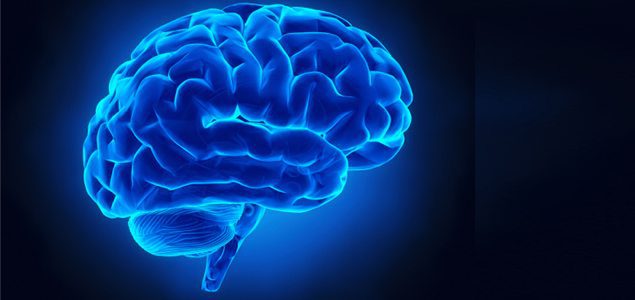Implanted into the brain the device would closely monitor the brain’s electrical activity and let patients know whether their risk of seizure is high or low.
The study, published in Lancet Neurology, showed the device did manage to alert some of the 15 seizure-prone participants.
Trialed in three Australian hospitals, the device sent signals from the brain down wires and into another implant of the chest. This signal was then beamed to a hand-held device, which determined the odds of a seizure.
While the device produced mixed results, it was between 56 per cent and 100 per cent effective for the successful participants. Researchers believe that if the technology could be improved it could remove the unpredictable nature of the condition for sufferers.
“Being able to predict the events with many minutes or hours lead-time could have significant impact on independence,” Professor Mark Cook, from the University of Melbourne, said of the study.
“This could change the way the illness is treated. For instance, our current strategy of giving medications continuously because of the unpredictable occurrence of events could alter the types of medications being developed,” he added about the useful tool.
Epilepsy is a condition thought to affect more than 50 million people worldwide. The illness is known to cause seizures and involuntary shaking, a result of abnormal activity in parts of the brain.
The risks associated with the seizure can vary from moderate to more serious depending on where and how the seizures occur.
“If a person is able to be alerted when they are about to have a seizure, this could help them to take steps to make sure they are safe during the seizure. The device could also be a useful tool for carers of people with epilepsy,” said chief executive of Epilepsy Action, Simon Wigglesworth.
“Predicting seizures may help us to understand more about the ways seizures can be managed and ultimately prevented, Wigglesworth added.







